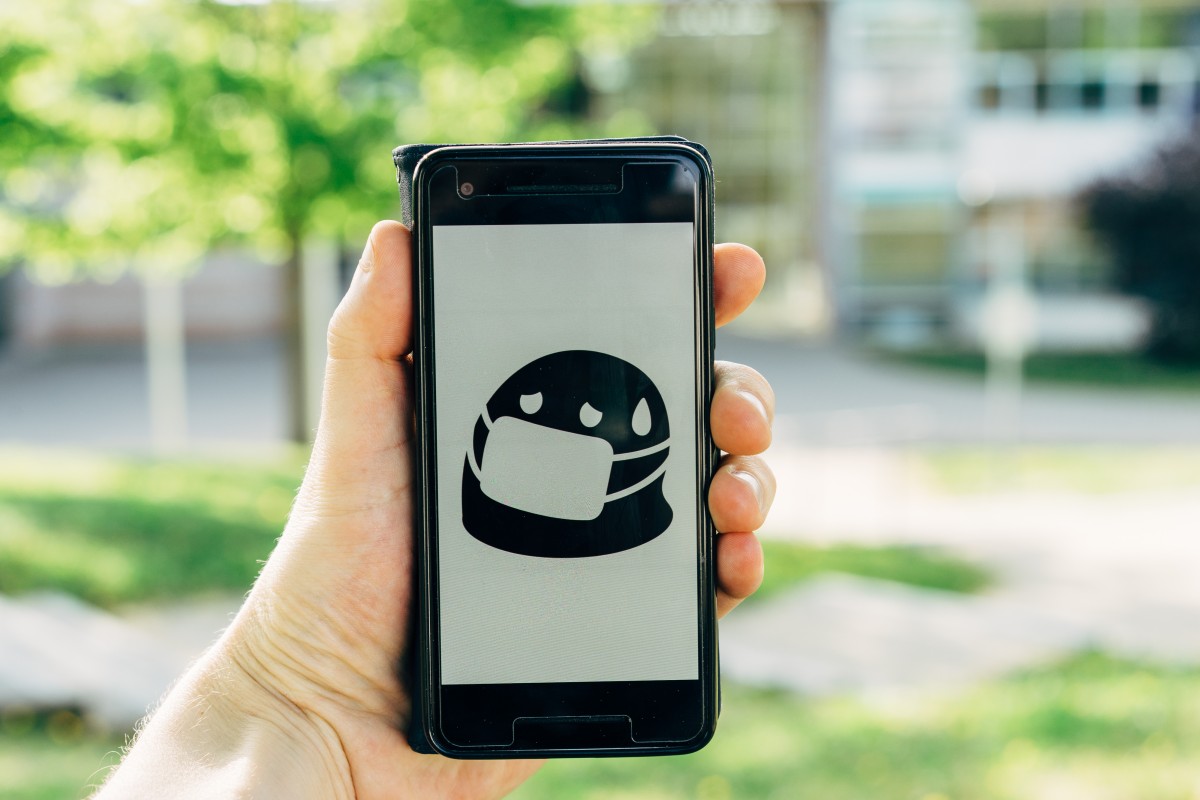Featured
Malware stealing your data
What users can do
To avoid falling victim to unwanted purchases or lose pre-paid credit, Android users in particular should check their phones to see if they have any of the apps flagged as suspicious installed. If so, they should uninstall them immediately and review any new mobile airtime charges for possible fraud.
Users wishing to protect themselves are advised that third-party app stores often apply less scrutiny for adverse code and odd behavior in listed applications, but even apps from official sources like Google Play can be compromised.
Before any installation, users should check the app’s reviews, developer details, and list of requested permissions, making sure that they all relate to the app’s stated purpose.
Head of Secure-D, Geoffrey Cleaves, commented: “Malware can be responsible for creating millions of dollars of fraudulent revenue. It impacts consumers’ pockets and mobile service experience by eating up their data, incurring unwanted charges, and affecting the performance of their phones. The mobile advertising fraud market is worth more than $40bn annually. Dressing up to appear as legitimate and often popular applications, undetected malware damages the industry’s reputation, leaving mobile operators and their customers exposed, picking up the tab.”
Secure-D has assisted 31 mobile operators across 20 countries, covering nearly 700 million mobile users. In 2019, the platform blocked $2.1 billion worth of fraudulent transactions, improving the end-user experience and building customer loyalty on behalf of operators around the world. The platform’s clearing process ensures no customer is charged until the validity of each transaction can be verified. Upon the platform’s deployment user complains drop significantly, with the new measures saving customers tens of millions of dollars.
Recently Secure-D found pre-installed malware on a number of handsets manufactured by leading Chinese phone manufacturer, Transsion. The model in question was the Tecno W20, a low-cost handset typically sold in South Africa and Asia. The investigation has received widespread coverage (see Chinese phones with built-in malware sold in Africa), with the issue affecting South Africa among other countries such as Egypt, Ethiopia, Cameroon, and Ghana.
Share
- Click to share on Twitter (Opens in new window)
- Click to share on Facebook (Opens in new window)
- Click to share on LinkedIn (Opens in new window)
- Click to email a link to a friend (Opens in new window)
- Click to share on Reddit (Opens in new window)
- Click to share on WhatsApp (Opens in new window)
- Click to share on Pinterest (Opens in new window)
Pages: 1 2
| Thank you for Signing Up |

















